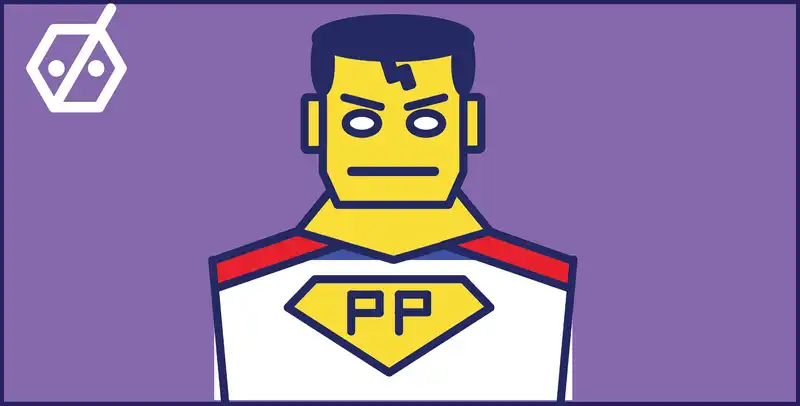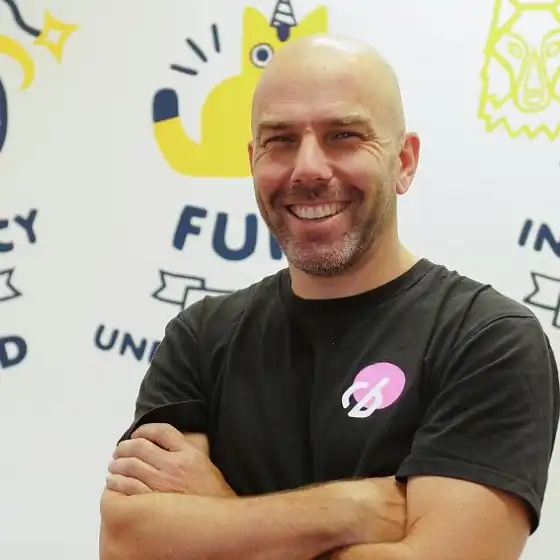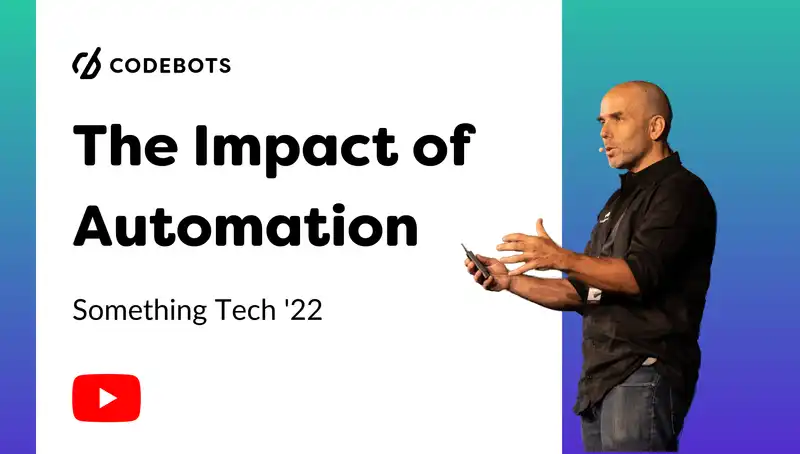A patent is a legally enforceable right. It gives the owner the exclusive right to use or license the invention for up to 20 years. Patents are designed to protect the interests of the inventor. The theory is that a business may have spent millions of dollars developing and testing a new invention. Once released to the market a ‘copycat competitor’ could simply replicate or reverse engineer the product. This competitor hasn’t spent millions of dollars on R&D allowing them to undersell the original inventor. Codebots is in the process of patenting our unique value proposition.
For many, the process of obtaining a patent can be difficult and stressful. However it was a natural transition for Codebots. My academic background and familiarity with technical writing meant I was already equipped with the tools needed to complete the patent application.
Many thought leaders including Elon Musk have criticised patents for stifling innovation. In order to assess this criticism we must explore the rationale behind patents. They are in many ways a trade-off. In return for outlining the invention and how it operates, the government will grant a business/inventor 20 years of exclusive use. Once the 20 year period has elapsed, the patent becomes public knowledge at which point anyone can access and benefit from the invention. Contrast this to a trade secret where a business could theoretically keep their technology hidden for well over 20 years, which would further inhibit innovation.
I believe in an open source movement for the advancement of technology. Collaboration breeds innovation, however there is always a risk when you choose not to patent your technology. The door is open for competitors to swoop in, steal your tech, patent it and prevent you from using the technology you invented. It was this risk that led to my decision to patent the Codebots technology. For many startups it’s their unique value proposition that keeps them afloat. If a competitor obtains a patent which prevents a startup from using their own product/process, it becomes very difficult for the startup to change their product offering (so that it no longer infringes the patent) and still survive.
The importance of patents
One example which perfectly illustrates the importance of patents is the controversy surrounding the invention of the telephone. Many of us know Alexander Graham Bell to be the inventor of the telephone, but how exactly did he do it? Bell was rivalled by Elisha Gray in attempting to develop a method of telegraphy that could transmit multiple messages over a single wire simultaneously. Both inventors filed a patent application on the same day. Patent examiner Zanus Wilber signed an affidavit ten years after the dispute stating that Gray’s patent was filed earlier. Before Bell submitted his application, Wilber showed him a drawing which explained Gray’s methods in return for a bribe. Despite the slight differences in proposed functionality, Bell was found to have won the race to file (somewhat controversially) and is widely regarded as the inventor of the telephone.
Who to choose
Finding the right patent attorney often streamlines the process. Although not a requirement, it helps greatly if the attorney has a background in your particular field. It’s likely they will be able to grasp the concept of your invention and its impact in the industry quicker and easier. Also ensure that the attorney you meet with will be handling your application. You don’t want to choose a patent attorney you believe is qualified only to see your application delegated to a less experienced attorney.
In a perfect world patents wouldn’t exist. We would simply improve upon each other’s technology and society as a whole would benefit. However the telephone controversy proves we don’t live in a perfect world and patents are very much necessary to protect your business.
See how the Codebots story kicked off with a $250,000 grant from Advance Queensland!




